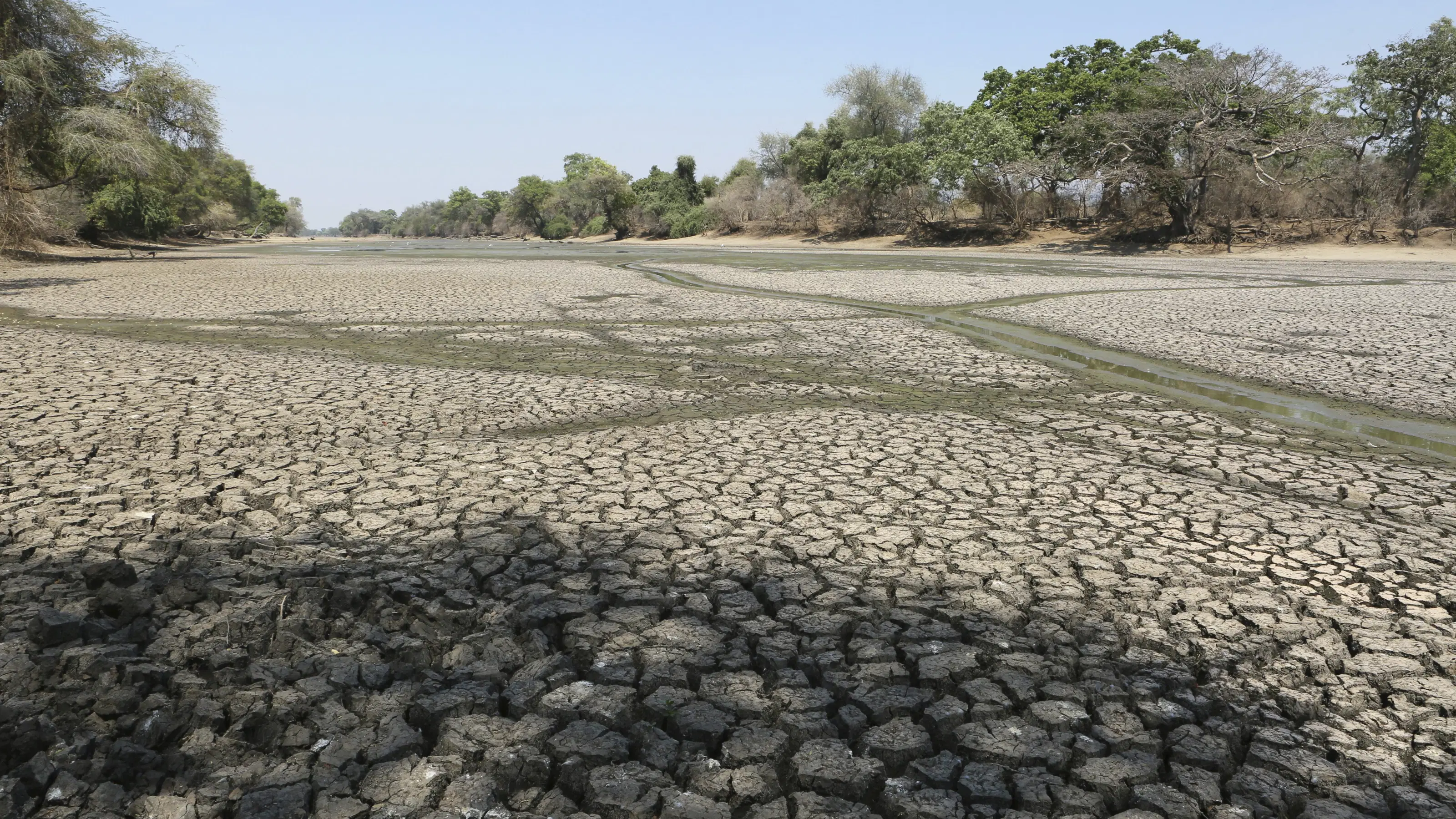
EAC Secretariat warns of a drier than usual season between October and December 2020
East African Community Headquarters, Arusha, Tanzania, 7 October, 2020: While October to December is normally considered an important rainfall season for Burundi, Kenya, Rwanda, Tanzania and Uganda, this time round a drier than normal season is expected in most parts of the EAC region. Only western Uganda and the border area with South Sudan might see higher than normal rainfall according to the Greater Horn of Africa Climate Outlook Forum that brings together the national meteorological and hydrological experts in the region. The Deputy Secretary General in charge of Productive and Social Sectors in the EAC Secretariat, Hon. Christophe Bazivamo, urges the Partner States to take appropriate measures in time to mitigate possible threats to the citizens related to the expected high temperatures.
Rains in the region are expected to start late over Burundi, eastern Kenya and Tanzania while they will start earlier than usual in the rest of Kenya, Rwanda and southern Uganda including the border region with South Sudan. These weather conditions are driven by near average sea surface temperatures over the western Equatorial Indian Ocean coupled with warmer than average conditions over the eastern Equatorial Indian Ocean, a combination which is not favourable for good rainfall over most of East Africa.
Due to the impact of climate change, scientists expect up to 45% yield reductions for grain crops, such as maize, rice and soybean by the end of this century for Sub Saharan Africa. However, two grain crops, namely millet and sorghum, are more resilient to climate change with expected yield reductions of less than 20%. Root crops, such as sweet potato, potato and cassava are also projected to be less affected than most crops with yields reductions ranging from about 15% to 10%. For the two major export crops, tea and coffee, up to 40% yield loss is expected due to the reduction in suitable growing areas caused by increasing temperatures according to the Association of Applied Biologists’ Journals (https://www.aab.org.uk/journals).
In an effort to prevent and mitigate the impact of the drier than usual weather pattern in parts of the region, the Senior Meteorology Officer at the EAC Secretariat, James Kivuva, urges the Partner States to consider the following:
- The Ministries responsible for Water, Environment and Natural resources should enhance water conservation measures;
- They should closely monitor the pasture and water conditions in the pastoral areas and plan for feed and water assistance, such as water tracking and fodder supplementation for the breeding stock;
- The Ministries of Agriculture should advise livestock farmers to use the available grazing resources sparingly and to harvest and keep water, dry herbage and keep it as hay for the animals;
- They should promote and encourage households to establish vegetable gardens to prevent malnutrition and
- Encourage farmers to grow drought resistant crops, such as millet, sorghum and cassava.
- Encourage them to observe good agricultural practice as advised by agricultural extension officers.
- ENDS -
For more information, please contact:
Simon Peter Owaka
Senior Public Relations Officer
Corporate Communications and Public Affairs Department
EAC Secretariat
Arusha, Tanzania
Tel: +255 768 552087
Email: sowaka [at] eachq.org
About the East African Community Secretariat:
The East African Community (EAC) is a regional intergovernmental organisation of six Partner States, comprising Burundi, Kenya, Rwanda, South Sudan, Tanzania and Uganda, with its headquarters in Arusha, Tanzania.
The EAC Secretariat is ISO 9001: 2015 Certified
